What will you learn? - Childhood Studies - Master's Programme
What will you learn?
Are you interested in children’s everyday lives and childhood as a social and cultural phenomenon? Would you like to know about children’s perspectives, experiences, and rights in diverse contexts? What about changing conditions of childhood in the context of development and globalization? If so, the international master’s program in Childhood Studies is suitable for you.
The programme provides students with an understanding of the relationship between childhood and culture as well as the dynamics between economic, social and political conditions and children's livelihoods and welfare in different contexts, that is family-life, day-care, schools, local communities etc. The programme covers the state of childhood(s) in countries in the Global North and Global South. The programme is multi-disciplinary, with particular emphasis on perspectives drawn from disciplines such as anthropology, sociology, geography, and history.
Examples of topics for the master's thesis include:
- Children's experiences of joint custody
- Rural children's livelihoods
- Childhood and community services
- Children's rights and citizenship
- Child care and intergenerational relationships
- Street children and health
- Children and education
UN Sustainable Development Goals
Through teaching and research in MPhil in Childhood Studies students are encouraged to engage with the UN 2030 agenda on sustainable development. These include:
 SDG 1 on childhood poverty
SDG 1 on childhood poverty
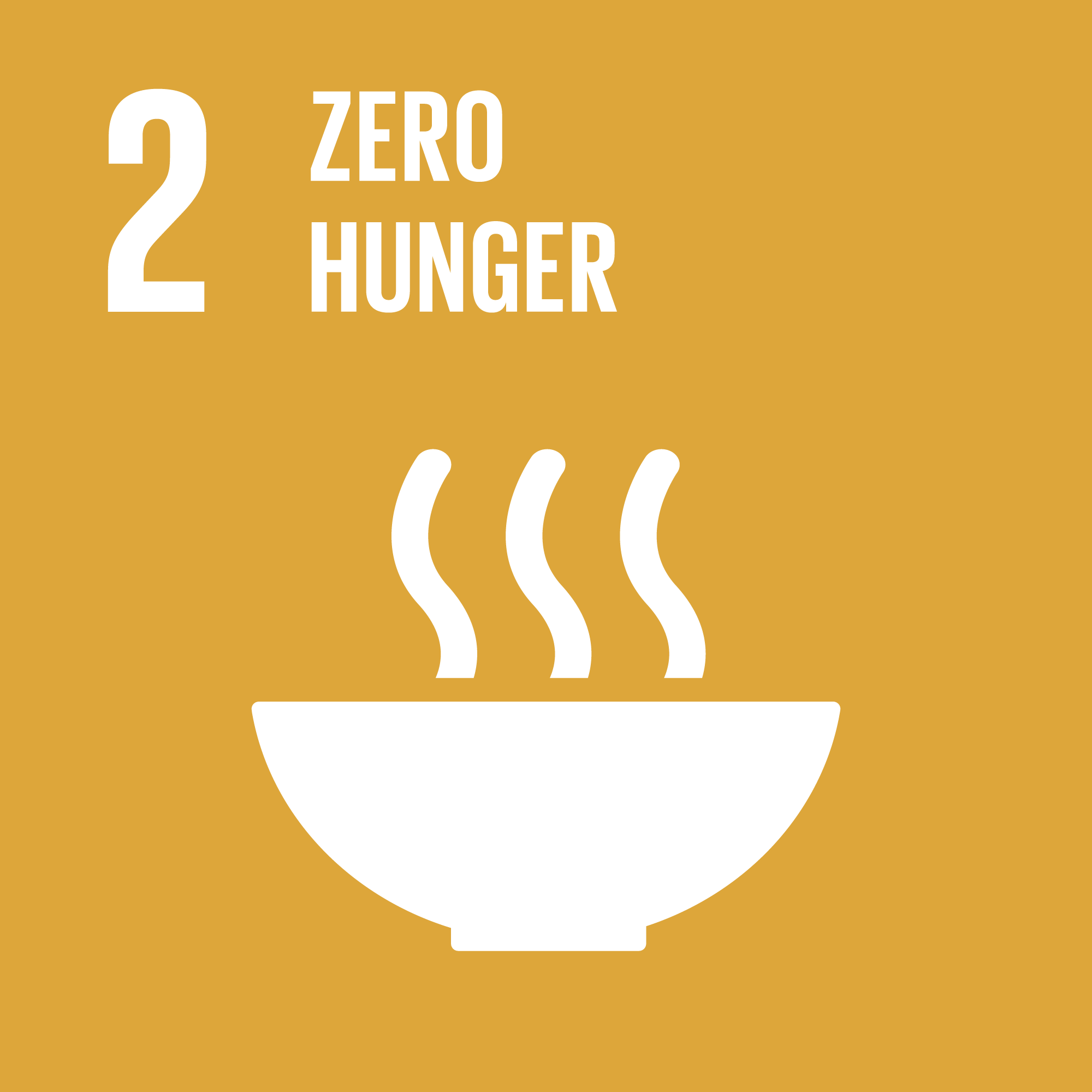 SDG 2 on hunger and food security
SDG 2 on hunger and food security
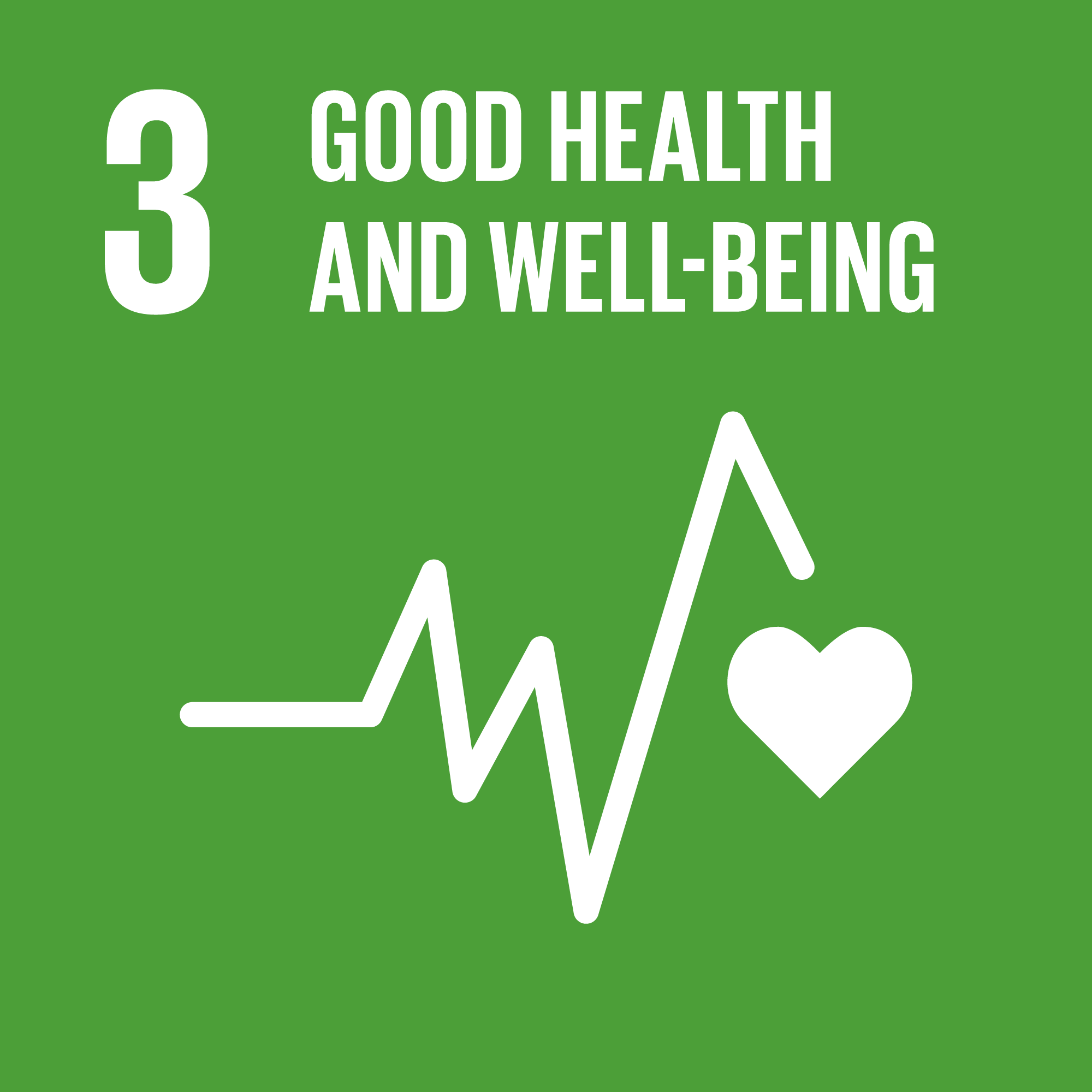 SDG 3 on healthy life and wellbeing
SDG 3 on healthy life and wellbeing
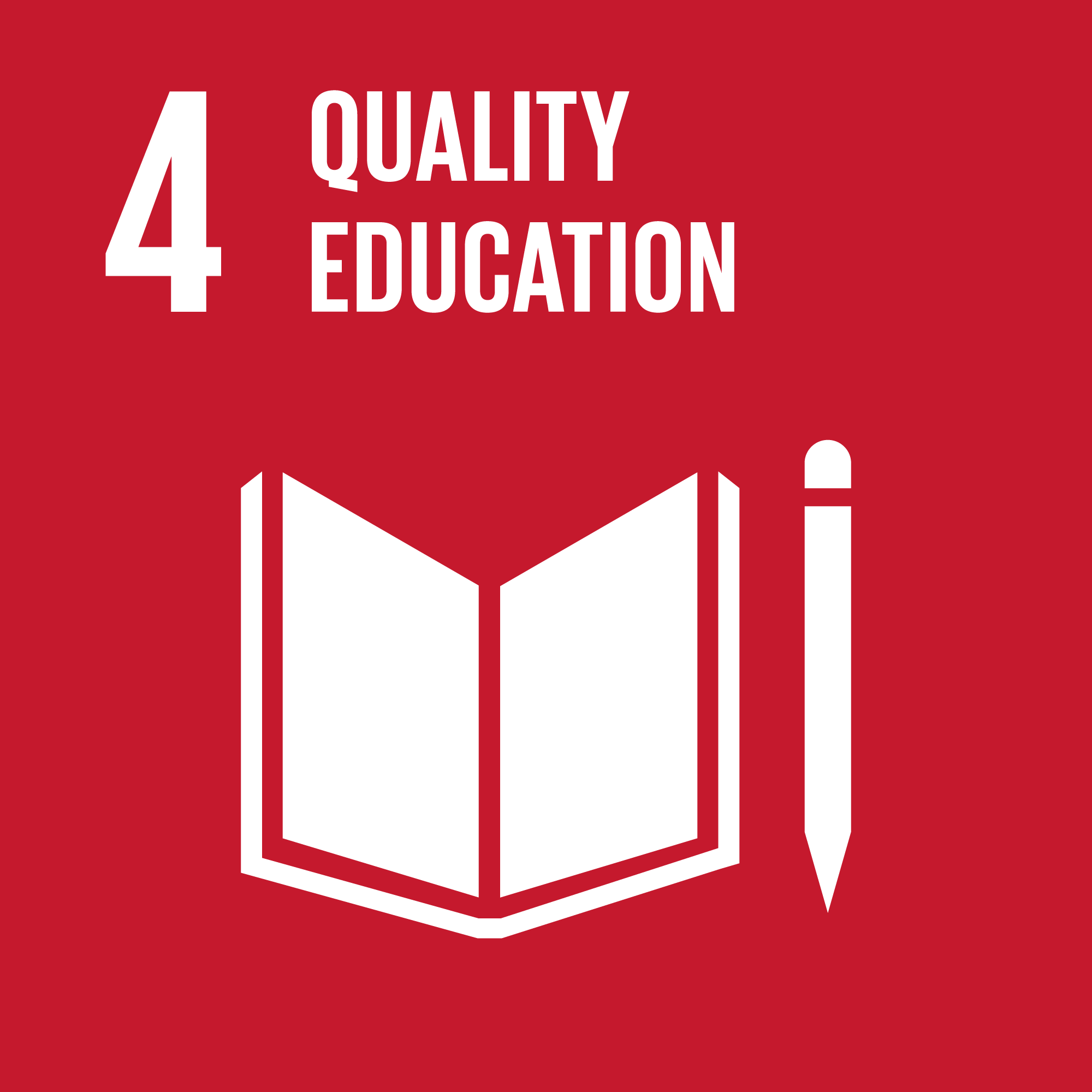 SDG 4 on quality education and lifelong learning
SDG 4 on quality education and lifelong learning
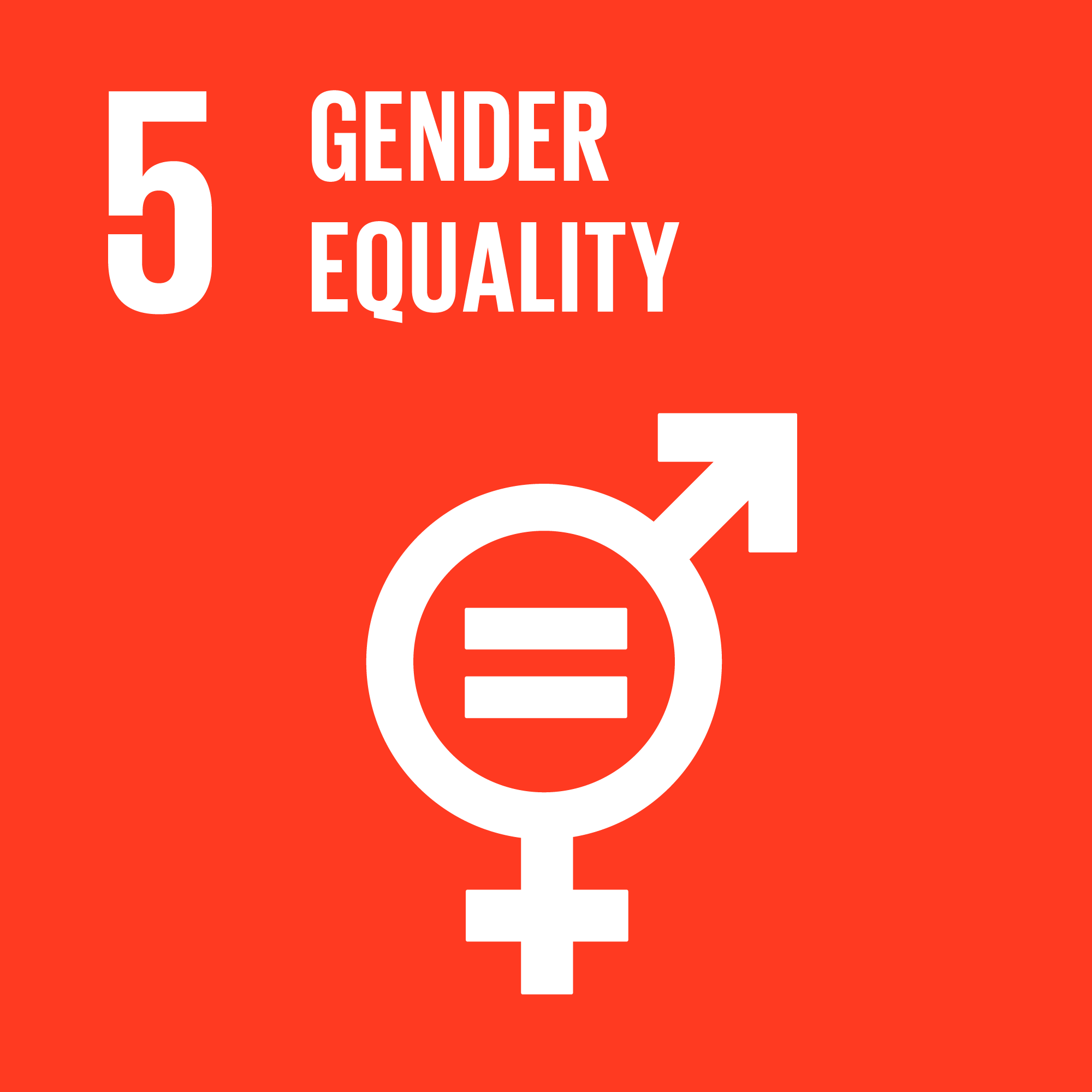 SDG 5 on gender equality and empowerment of girls and women
SDG 5 on gender equality and empowerment of girls and women
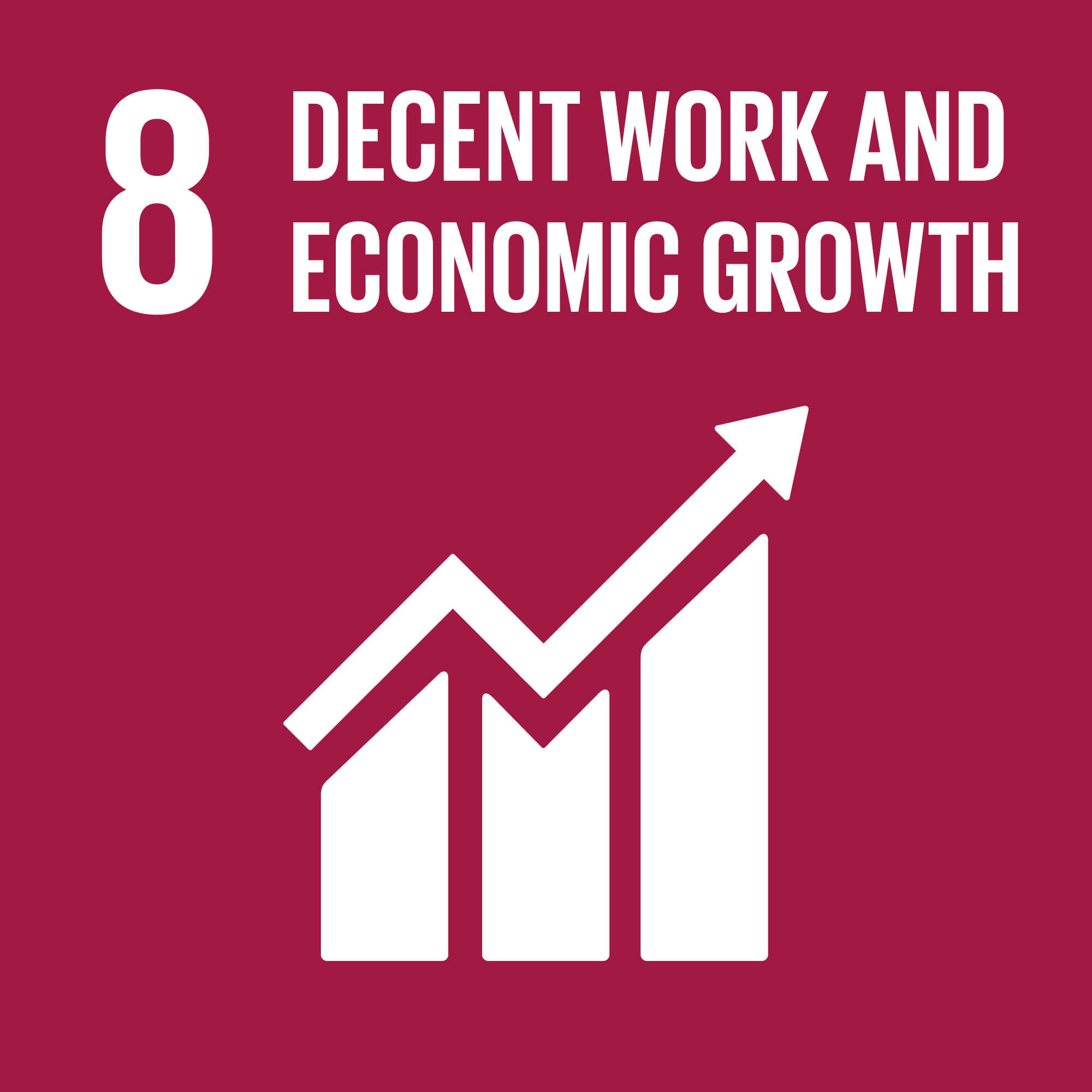 SDG 8 on worst forms of child labour, and decent livelihood for young men and women
SDG 8 on worst forms of child labour, and decent livelihood for young men and women
Learning outcomes
Learning outcomes
Learning outcome
Knowledge
- has acquired knowledge on contemporary conceptual, theoretical, and methodological debates in childhood studies
- has knowledge on how childhoods and children's lives vary and are shaped by historical, social, cultural, political, economic and everyday life contexts
- has knowledge on international and regional conventions on children's rights and how they might be used to improve children's well-being
Skills
- familiar with a variety of research methods and their application in fieldwork with children
- can design and carry out scientific, child-focused and ethical research that respects children's skills and capacities in ways that empower them
- can undertake independent research on children's lives and on childhood as a social and cultural phenomenon
- has the skill of promoting children's views and perspectives in public services
General competencies
- has been given practical training in various steps of planning and carrying out project work and research on children's lifeworld in different social settings, and global context
- has knowledge and experience of multicultural environments through being an active student in the programme
- has academic communication skills (writing and verbal) and reflexivity in contexts in which several parties are involved
- has acquired skills to advocate for children's rights and wellbeing
